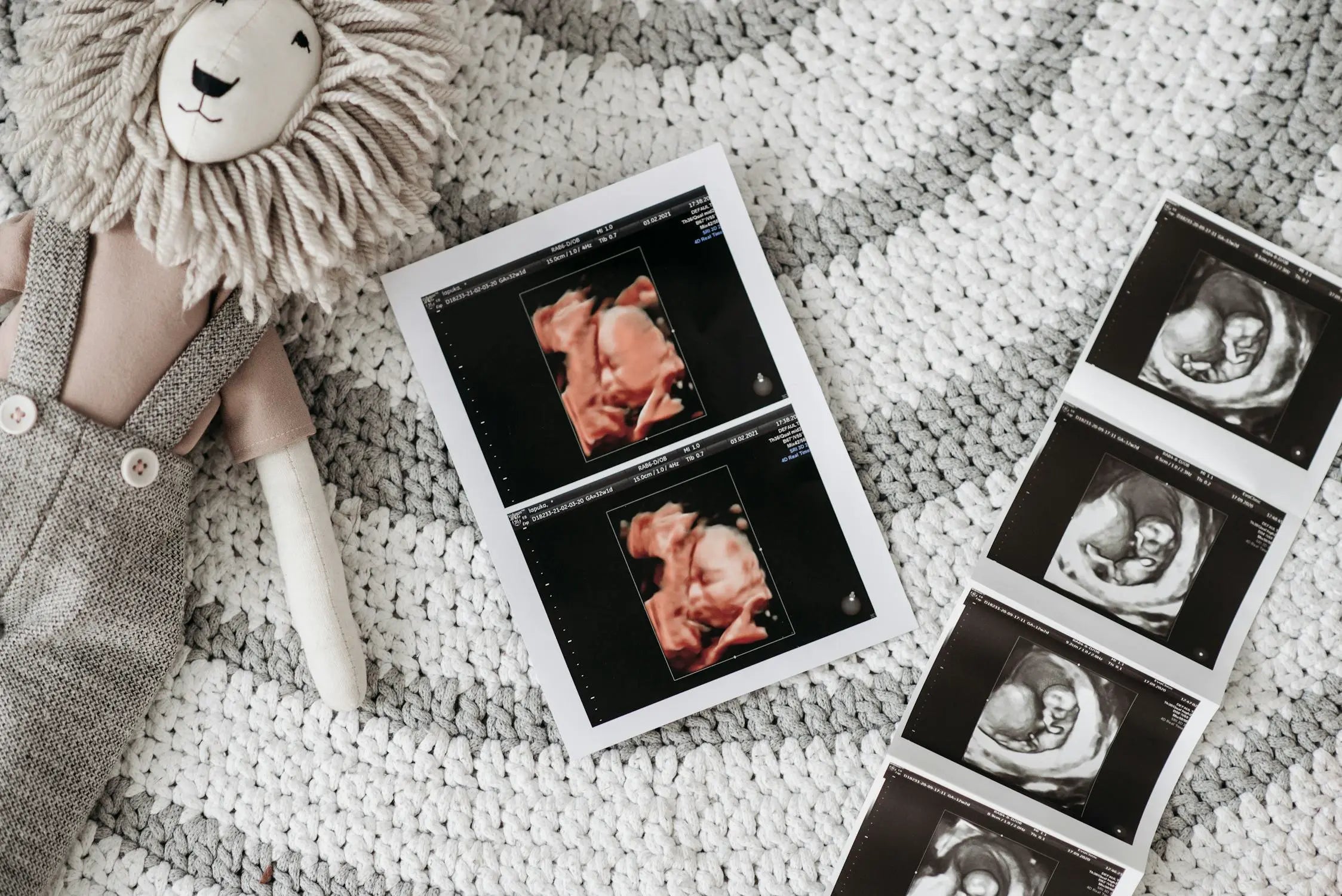Home
Pregnancy, Breastfeeding, and Pumping: The Ultimate Guide for Moms
Can a Pregnancy Test Be Negative: Understanding the Possibilities

Can a Pregnancy Test Be Negative: Understanding the Possibilities
When you suspect you might be pregnant, taking a pregnancy test can be both exciting and nerve-wracking. However, what happens when the test comes back negative? Can a pregnancy test be negative even if you are pregnant? The answer is yes, and there are several reasons why this might happen. Understanding these reasons can help you navigate this confusing situation with more clarity and peace of mind.
Timing is Everything
One of the most common reasons for a negative pregnancy test is taking the test too early. Pregnancy tests detect the presence of human chorionic gonadotropin (hCG), a hormone produced during pregnancy. However, hCG levels may not be high enough to be detected in the early stages of pregnancy. If you take the test before your missed period, it might not be accurate. Waiting a few days and retesting can often yield a different result.
Test Sensitivity Matters
Not all pregnancy tests are created equal. Some tests are more sensitive than others and can detect lower levels of hCG. If you use a less sensitive test, it might not pick up on the hormone in the early stages of pregnancy. Always check the sensitivity of the test you are using, and consider opting for one that can detect lower levels of hCG if you are testing early.
Improper Test Usage
Using a pregnancy test incorrectly can also lead to a false negative. It’s essential to follow the instructions carefully. This includes using the test at the right time of day (usually first thing in the morning when hCG levels are most concentrated), and ensuring that the test is not expired or damaged. Improper storage of the test can also affect its accuracy.
Diluted Urine
If you drink a lot of fluids before taking the test, your urine may be too diluted to detect hCG accurately. This is why it’s often recommended to take the test first thing in the morning when your urine is more concentrated. Avoiding excessive fluid intake before testing can help ensure a more accurate result.
Chemical Pregnancy
A chemical pregnancy is an early miscarriage that occurs shortly after implantation. In this case, hCG levels may have been high enough to initially indicate pregnancy, but then drop rapidly, leading to a negative test result. While this can be emotionally challenging, it’s important to remember that chemical pregnancies are relatively common and often go unnoticed.
Ectopic Pregnancy
An ectopic pregnancy occurs when a fertilized egg implants outside the uterus, usually in a fallopian tube. In such cases, hCG levels may not rise as expected, leading to a negative pregnancy test. Ectopic pregnancies are serious and require immediate medical attention, so if you experience symptoms like severe abdominal pain or unusual bleeding, seek medical help right away.
Medications and Medical Conditions
Certain medications and medical conditions can interfere with pregnancy test results. For example, fertility treatments that contain hCG can lead to false positives or negatives. Additionally, conditions like ovarian cysts or certain types of cancer can also affect hCG levels. If you suspect that a medication or medical condition might be influencing your test results, consult your healthcare provider.
When to Retest
If you receive a negative result but still suspect you might be pregnant, it’s a good idea to wait a few days and retest. hCG levels double every 48 to 72 hours in early pregnancy, so waiting can increase the likelihood of an accurate result. If you continue to receive negative results but still experience pregnancy symptoms, consult your healthcare provider for further evaluation.
Other Signs of Pregnancy
While a pregnancy test is a reliable indicator, it’s not the only sign of pregnancy. Other symptoms like missed periods, nausea, breast tenderness, and fatigue can also suggest pregnancy. If you experience these symptoms but continue to receive negative test results, it’s worth discussing with your healthcare provider to rule out other potential causes.
Emotional Impact
Receiving a negative pregnancy test when you are hoping for a positive result can be emotionally challenging. It’s important to give yourself time to process your feelings and seek support if needed. Remember that a negative result doesn’t necessarily mean you won’t conceive in the future, and there are many factors that can influence the outcome of a pregnancy test.
Understanding why a pregnancy test can be negative even when you suspect you might be pregnant can help you navigate this complex situation with more confidence. Whether it’s due to timing, test sensitivity, or other factors, knowing what to look for and when to seek medical advice can make all the difference. If you’re ever in doubt, don’t hesitate to reach out to a healthcare professional for guidance and support.
Share

